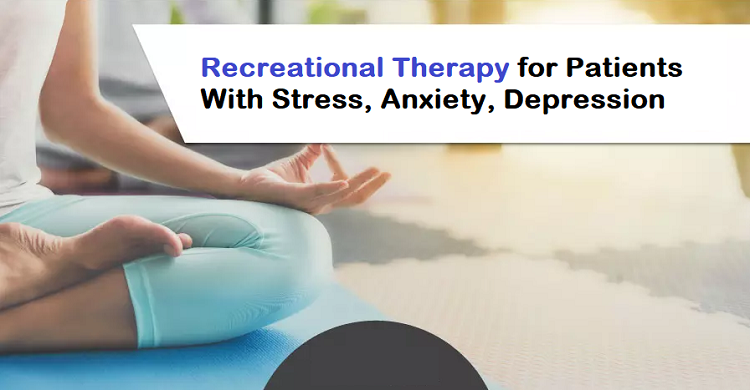Leisure and recreation are crucial resources for promoting good mental health. There has been an increase in recreational therapy services offered via hospitals, outpatient facilities,and other healthcare settings as a result of a growing emphasis on assisting people who are coping with mental health difficulties.
In addition to improving mood, quality of life, and social connections, recreational therapy can also help with skill rehabilitation. Focused recreational therapy has additional benefits for your health and wellness.
In-depth discussions about recreational therapy’s definition, its potential advantages, and how to choose a therapist are covered in this article.
What is Recreational Therapy?
Through recreational therapy, persons with certain medical issues can enhance their knowledge, skills, physical health, and emotional well-being.
It collaborates with you and your medical team to establish health objectives and create a strategy that will suit your requirements. The strategy is based on your own preferences and the resources accessible in your area.
How can Recreational Therapy Benefits your Health?
The benefits of recreational therapy for your physical and mental health are many. This is particularly true when the therapy is tailored to your unique requirements and interests. Additionally, we recommend the finest Physiotherapy Clinic in Surrey if you wish to undergo this therapy.
Let’s examine some of the therapeutic advantages supported by research.
Improves Symptoms of Depression
Many therapeutic leisure programmes stimulate participants’ minds with stimulating, original tasks.
Research from 2018 indicates that recreational treatment that includes exercise may lessen depressive symptoms.
Drama, dance, music therapy, and art therapy are all effective treatments for depressive symptoms. Endorphins, according to researchers, may be responsible for the improvement. Your brain releases these feel-good hormones when you move your body, when you express yourself artistically, and when you engage with others.
Increases Self-Esteem
According to research, recreational therapy may assist a person gain more self-assurance and self-esteem.
For instance, in one modest 2018 study, therapists spoke with senior citizens at a long-term care facility and asked them to choose leisure activities based on their preferences.
The individuals reported higher self-esteem following a planned strategy that involved them participating in their preferred hobbies once a week and performing easy upper body exercises.
Strengthens Social Connections
Your capacity for social interaction may be hampered by illness, injury, or handicap. Recreational therapy offers opportunities for constructive social interaction with others, which can help to reduce feelings of loneliness.
One 2011 study found that taking part in a recreational treatment session with others made early dementia sufferers feel uplifted and welcomed.
Improves Functional Independence after an Injury
A major injury might frequently make it difficult for you to do everyday chores. After an accident, performing daily tasks like housework, exercising, and playing with your kids or grandkids may be challenging or impossible.
After a severe injury, recreational treatment can influence the degree of functional independence.
For instance, in a 2012 study, researchers discovered that those who participated in more therapeutic recreation following a spinal cord injury recovered functional independence at a slightly higher rate than others who did not get the same therapy.
Increases Strength & Physical Fitness
Recreational treatment frequently involves movement exercises, games, dancing, yoga, and other forms of physical activity. This type of leisurely exercise may help you gain more balance, physical strength, and flexibility, according to a 2014 research.
33 pre-schoolers with autism spectrum disorder took part in an 8-week therapeutic basketball programme in a 2020 research. By the end of the course, the students had increased their physical strength, speed, and agility as well as their social communication abilities.
Conclusion
Recreational therapy makes use of pastimes to encourage healing from disease, harm, or incapacity. Exercise, creative writing, music, dancing, and games of various kinds are all possible activities. Speak with your healthcare physician about the possibilities of using play to achieve your health objectives if you believe recreational therapy might help you or someone you are caring for.

